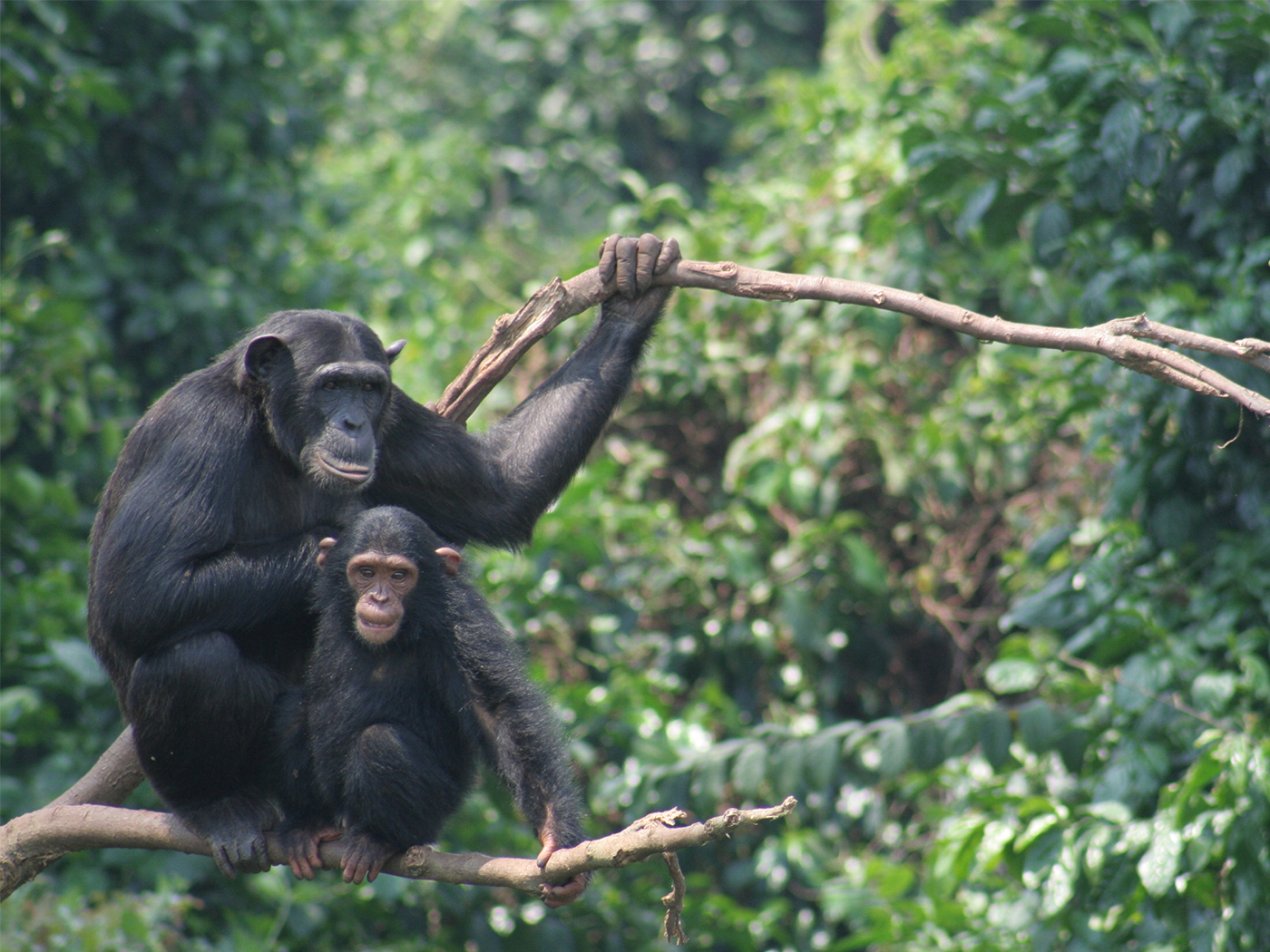Humans were not made to be experts in everything.
C. S. Lewis was a master wordsmith, yet biographer Alan Jacobs noted that the Oxford fellow and later Cambridge professor struggled to count change from even the simplest of purchases. Eric Metaxas wrote that William Wilberforce, the parliamentarian who helped spearhead the abolition of the slave trade in the British Empire, was a great orator and yet chronically disorganized. Isaac Newton was a dreadful farmer.1
Particularly in matters of scientific research, those who are not experts rely on those who profess to be. But just how much can the lay public trust science news when it enters the mainstream media?
The answer may frequently be, "Not much." While some blame may fall to the media outlets for inaccurate reporting, a Canadian study published in 2004 found "that the majority of newspaper articles accurately convey the results of and reflect the claims made in scientific journal articles."2
Errors can occur for a number of reasons. The journal Science recently reported that researchers involved in a lifespan study found an equipment defect that prompted them to recheck their data.3
Another study discovered that lab rats and mice were affected by the kinds of cages in which they were kept.4 Diego Restrepo, professor at the University of Colorado Medical School and senior author of the PLoS ONE study, told LiveScience, "This could explain some of the failures to replicate findings in different laboratories and why contradictory data are published by different laboratories even when genetically identical mice are used as subjects."5
And then there are the cases of scientists who commit outright fraud.6
While many scientists are highly trained professionals, they are still "human beings, capable of making mistakes and subject to wrong impulses."6
So, despite the rigors under which scientific investigations are supposed to be conducted, the lay public should understand that scientific results and conclusions reported in the news will not always be entirely accurate--not just in the reporting, but possibly in the research itself. And if observable tests in controlled laboratory environments are prone to mistaken interpretations, what does that mean for historical science that cannot be observed at all?
References
- Dao, C. 2008. Man of Science, Man of God: Isaac Newton. Acts & Facts: 37 (5): 8-9.
- Bubela, T. M. and T. A. Caulfield. 2004. Do the print media "hype" genetic research? A comparison of newspaper stories and peer-reviewed research papers. Canadian Medical Association Journal. 170 (9): 1399-1407.
- Equipment defect leads to reanalysis of gene study. Associated Press, July 22, 2010.
- Oliva, A. M. et al. 2010. Toward a Mouse Neuroethology in the Laboratory Environment. PLoS ONE. 5 (6): e11359.
- Cages Change Mice Brains, Lab Studies Questioned. LiveScience. Posted on livescience.com July 18, 2010, accessed July 23, 2010.
- Thomas, B. 2010. How Does Amoral Atheism Account for Scientific 'Sins'? ICR News. Posted on icr.org July 9, 2010, accessed July 23, 2010.
* Ms. Dao is Assistant Editor at the Institute for Creation Research.
Article posted on July 27, 2010.
























